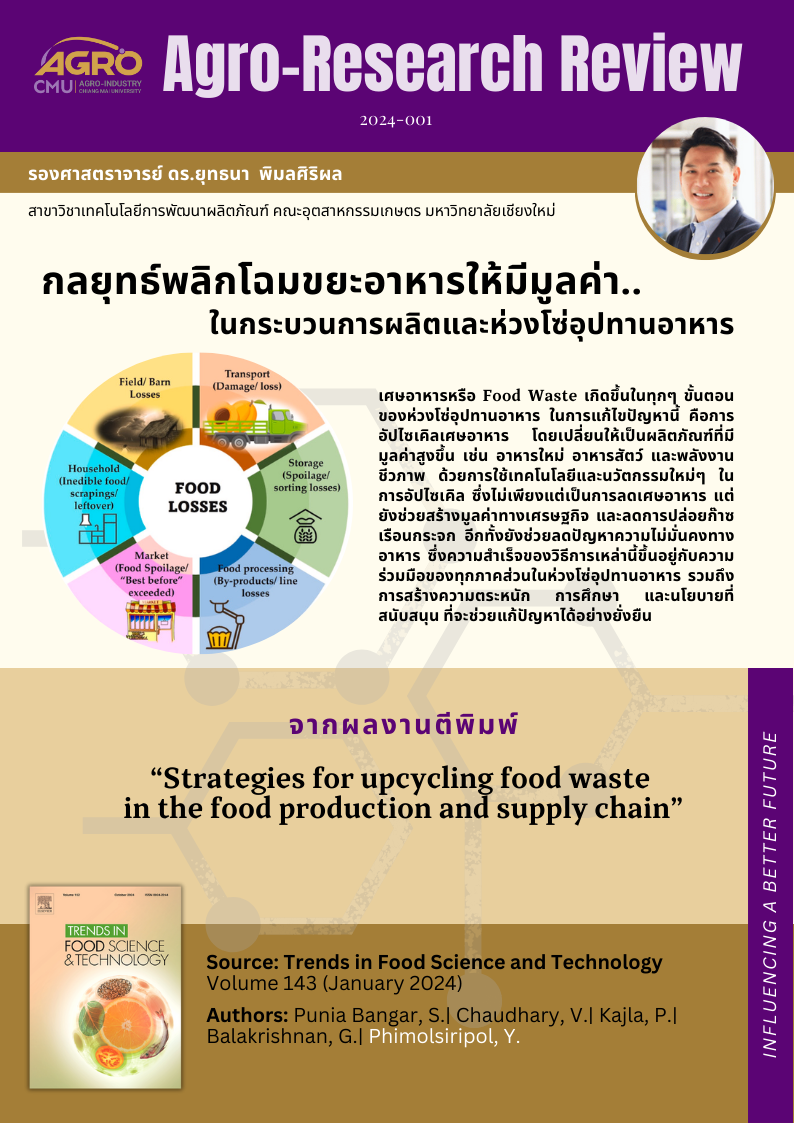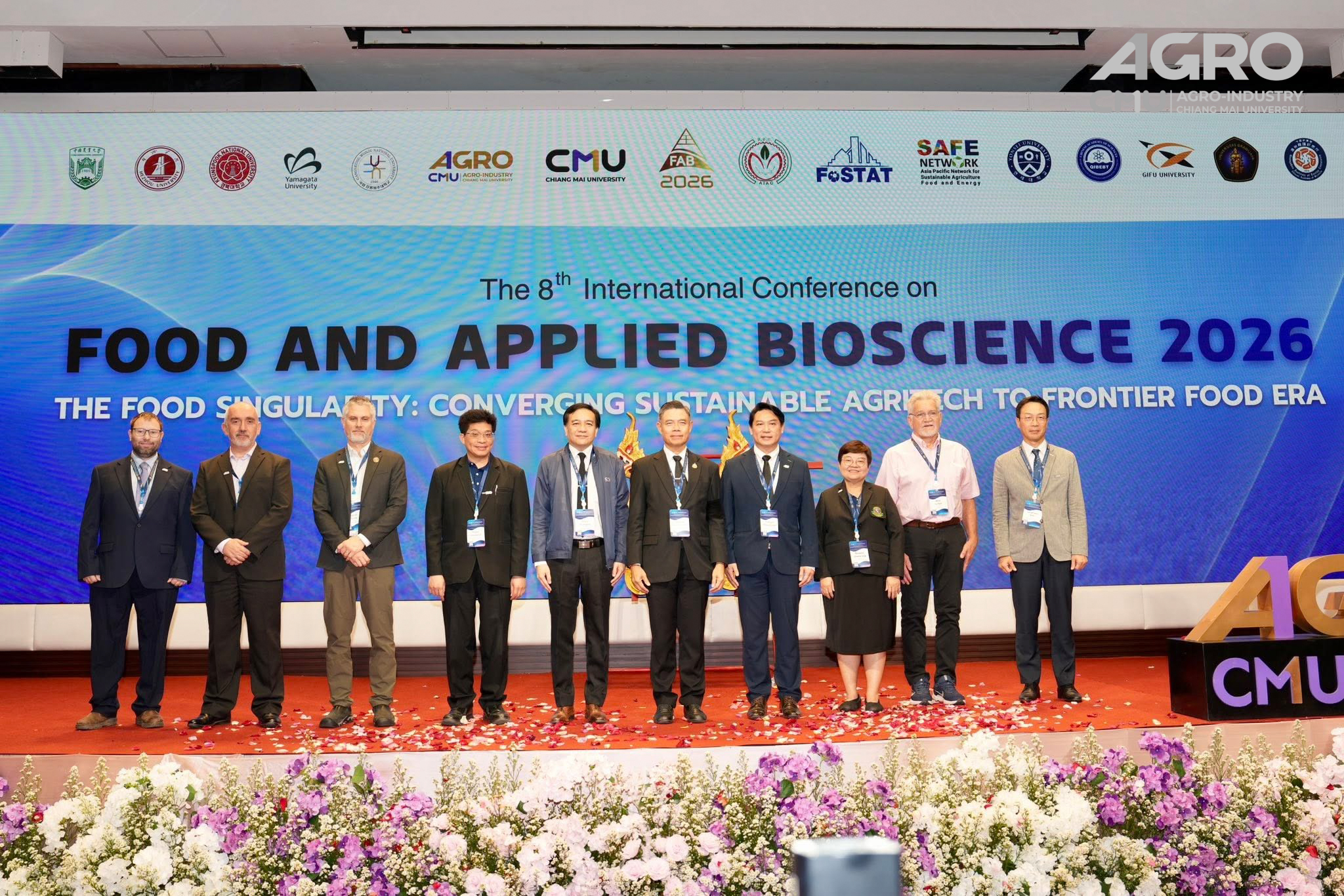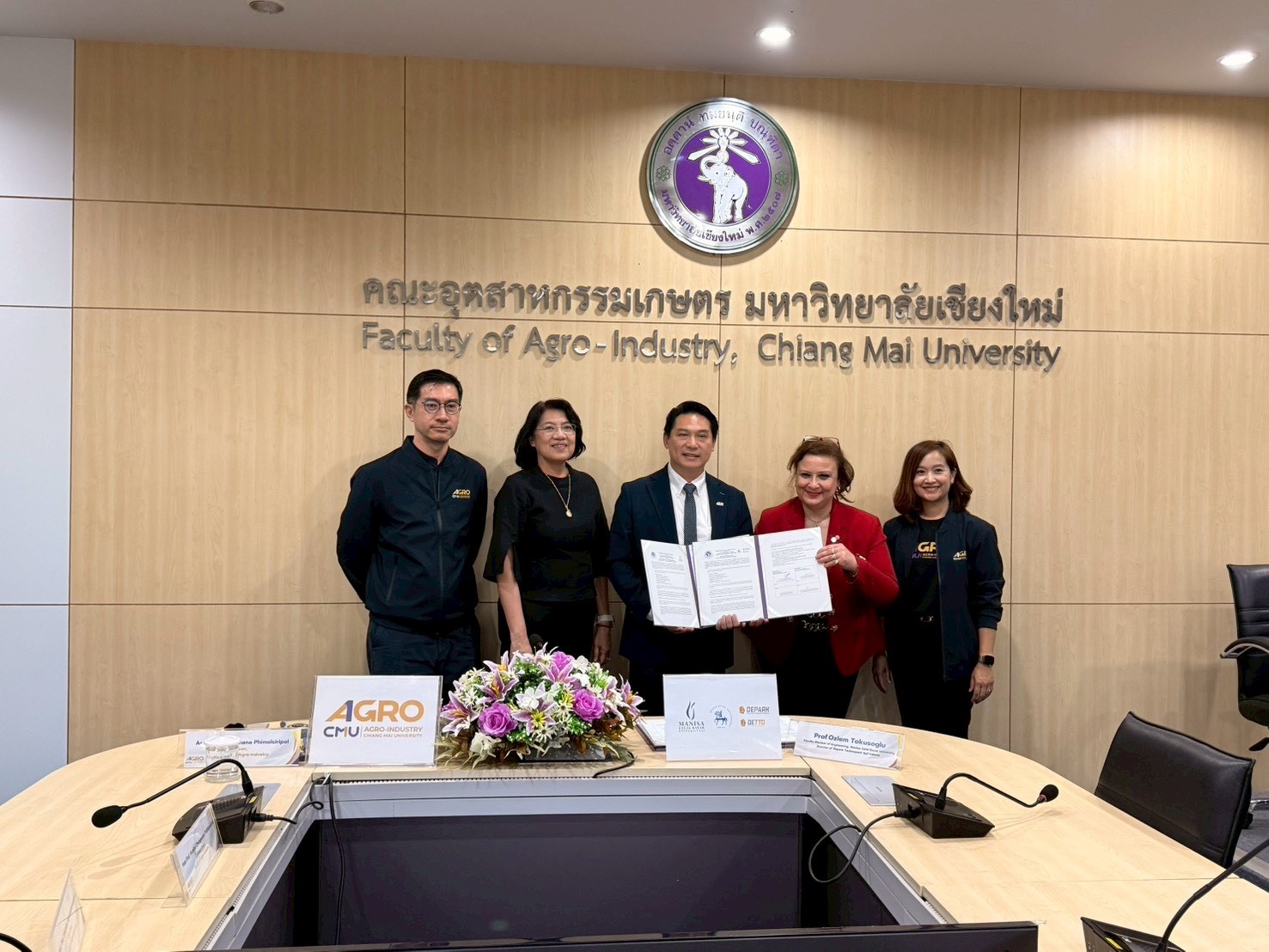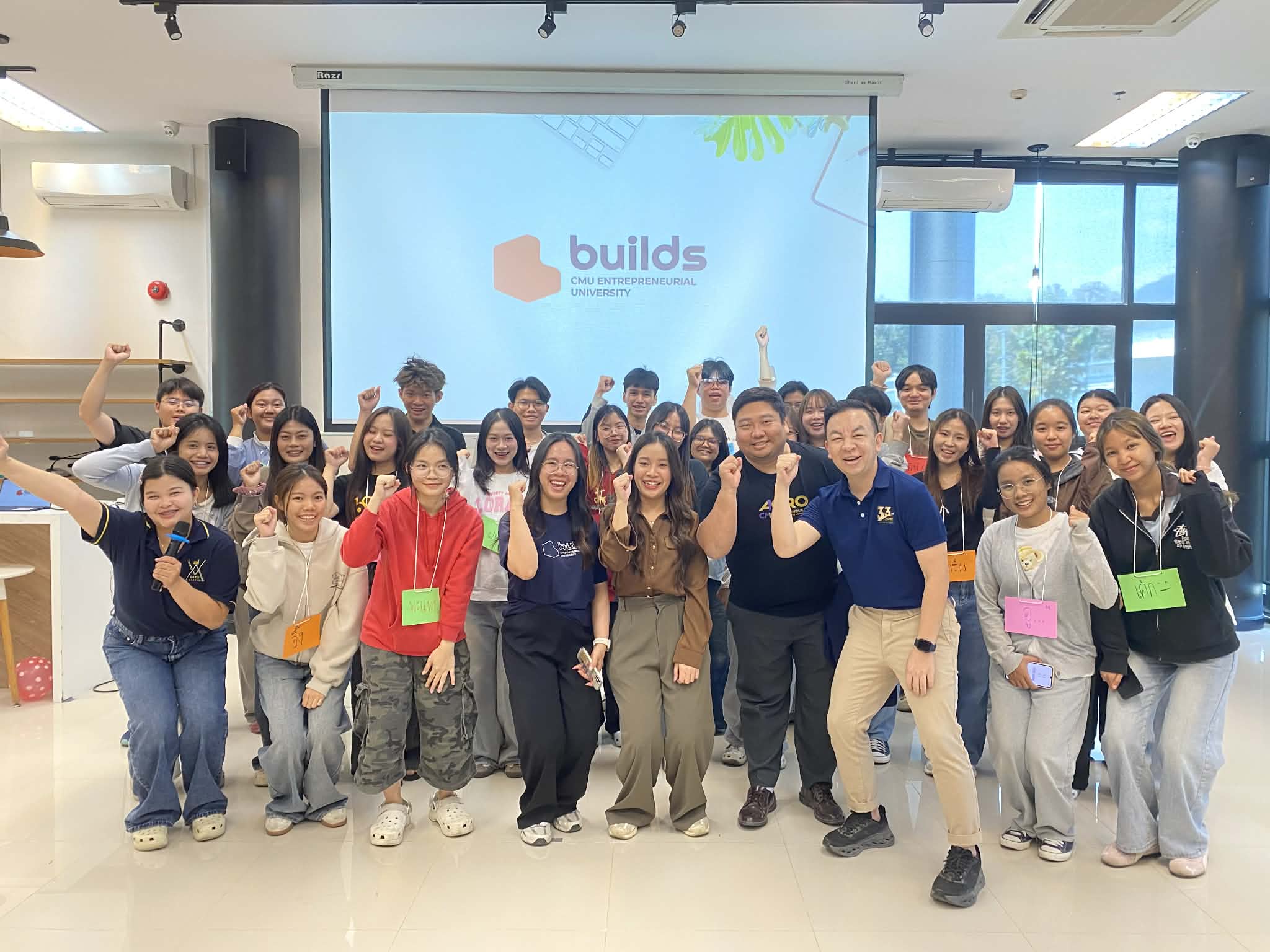
แนะนำงานวิจัย 2024-001 กลยุทธ์พลิกโฉมขยะอาหารให้มีมูลค่า ในกระบวนการผลิตและห่วงโซ่อุปทานอาหาร
เศษอาหารหรือ Food Waste เกิดขึ้นในทุกๆ ขั้นตอนของห่วงโซ่อุปทานอาหาร ในการแก้ไขปัญหานี้ คือการอัปไซเคิลเศษอาหาร โดยเปลี่ยนให้เป็นผลิตภัณฑ์ที่มีมูลค่าสูงขึ้น เช่น อาหารใหม่ อาหารสัตว์ และพลังงานชีวภาพ ด้วยการใช้เทคโนโลยีและนวัตกรรมใหม่ๆ ในการอัปไซเคิล ซึ่งไม่เพียงแต่เป็นการลดเศษอาหาร แต่ยังช่วยสร้างมูลค่าทางเศรษฐกิจ และลดการปล่อยก๊าซเรือนกระจก อีกทั้งยังช่วยลดปัญหาความไม่มั่นคงทางอาหาร ซึ่งความสำเร็จของวิธีการเหล่านี้ขึ้นอยู่กับความร่วมมือของทุกภาคส่วนในห่วงโซ่อุปทานอาหาร รวมถึงการสร้างความตระหนัก การศึกษา และนโยบายที่สนับสนุน ที่จะช่วยแก้ปัญหาได้อย่างยั่งยืน
Title: Strategies for upcycling food waste in the food production and supply chain
Authors: Punia Bangar, S.| Chaudhary, V.| Kajla, P.| Balakrishnan, G.| Phimolsiripol, Y.
Abstract:
Background:
Scope and approach:
This review explores various approaches for repurposing FW to create innovative products such as novel foods, animal feed, and bioenergy. The exploration of emerging and innovative technologies for upcycling functional components from FW, leading to the development of specific value-added functional products, is discussed. Additionally, this review article covers considerations related to regulatory frameworks and policies, providing a comprehensive overview of the regulatory landscape.
Key findings and conclusions:
Upcycling FW tackles global FW issues, creates economic value, cuts greenhouse gas emissions, and reduces food insecurity. However, the success of these strategies relies on collaboration and commitment across the entire food supply chain, from producers to retailers and consumers. Furthermore, public awareness, education, and policy support are essential to drive the widespread adoption of upcycling practices and transform the food system into a more sustainable and equitable one.
Keywords: Food waste; Upcycling strategies; Technologies; Value-added products
View at publisher: https://www.sciencedirect.com/science/article/pii/S0924224423004296?via%3Dihub
#อกมช. #agrocmu #CMU




